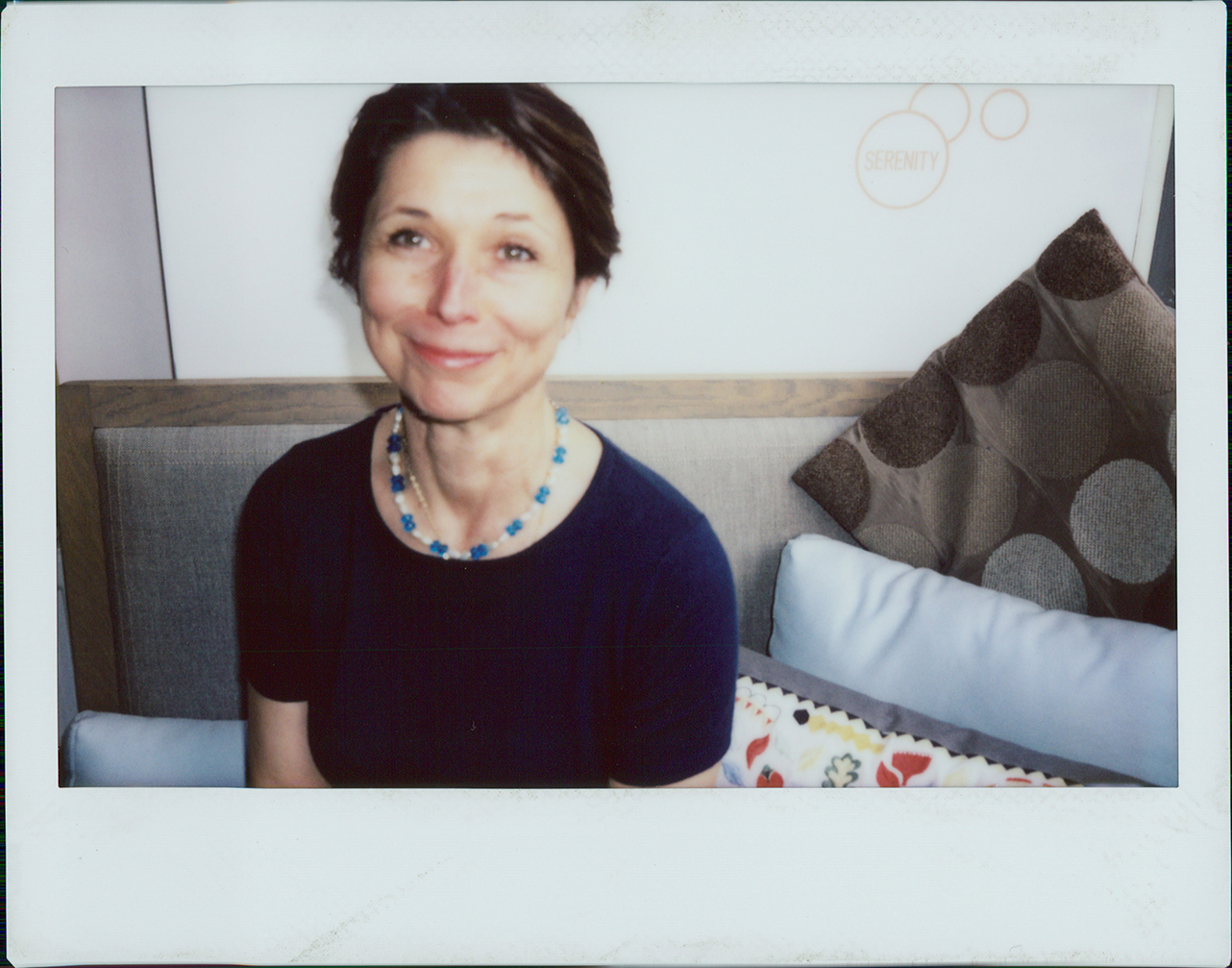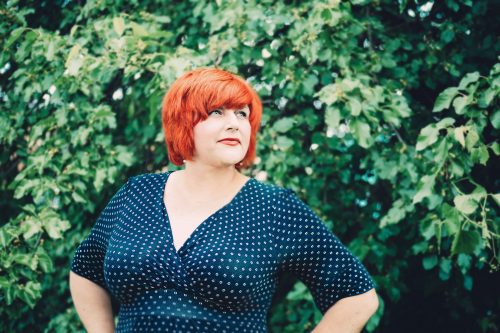
In my conversation with Anne-Lise Miller, the naturopathic practitioner made an earth-shattering point: feeling good is a byproduct of the body working as it should. When all systems are a-go then naturally, we feel fantastic. Miller, who has a down-to-earth, direct style of teaching, believes in going back to the basics: eat well, sleep enough, exercise, and learn to manage your stress. Born and raised in Paris by parents who first introduced her to homeopathy, Miller has always been ahead-of-the-curve when it comes to her integrative approach to health. At The Whole Body Centre, her haven for health education, inspiration, and human connection, a one-size fits all template is nonexistent. Miller’s ethos is that the emotional, energetic, and physical are interrelated. As the author elaborates on in her first book, Too Young To Grow Old, all of those aches and pains really do indicate something is wrong. Our body has a lot more wisdom than we think. And while our culture might fancy itself too busy to care, we aren’t impervious to the effects of rich dinners, binge drinking, and lack of decompression time. Yet, rather than scare, Miller simply encourages tuning in. She understands the pressures of modern day society and merely wants to make self-care easier than ever.
-How did you make the leap from being a professional dancer to what you currently do?
ALM: There was no exact event that made me change careers. Dancing was always a distraction from what I really wanted to do. In a way, it was back to front.
What is your personal philosophy in terms of health?
ALM: I’m interested in the body from a scientific point of view. Health is just the byproduct. I’ve always been fascinated by biology and learning about the miracles of life.
What did you apply from your career as a dancer to your current profession?
ALM: Body awareness, which is why I became certified in massage therapy first. My dance training taught me to look after myself. As a dancer, your body is your tool, which means you have to take great care of it.
Why do you think some people are more connected to their bodies than others?
ALM: I think it comes down to your personality. For some people, it’s very easy to feel and others, it’s simpler to disconnect from your physical symptoms. You learn over time what works and what doesn’t for you.
With our crazy busy world, it’s hard to make the space to prioritize your health.
ALM: I agree but we all still feel. Some people just might not know how they feel because they numb out with drugs, alcohol or by simply doing things all of the time. The experience is there, but they use things to take it away. To connect with yourself, you have to be able to articulate what you’re feeling. Most of the time we’re just too distracted to do this.
Do you think most people value their health?
ALM: I think it comes down to a matter of valuing yourself. As a whole, our world is suffering and oftentimes the first thing to be put aside is taking care of ourselves. There’s too much external pressure. Also, we only take care of our health to the level that we have experienced it. If you haven’t experienced feeling well then you don’t know how to maintain it. Or even that you’re missing out.
Did your upbringing influence how deeply you care about feeling well?
ALM: Absolutely. I grew up with parents who treated us with homeopathy and, as a result, have never been to the hospital in my life. They also gave me high self-esteem, which I believe is congruent with wanting to take care of yourself. You can’t have one without the other. Lastly, from a historical perspective, the French value home cooking and quality of food—both of which are ingrained into our culture. We’re into aesthetics and want to look good. (Laughs)
Through thirty years of training, what is one thing you still find fascinating about your industry?
ALM: How much trauma, and I would refer to trauma as any stressful experience, we hold in our body. Everything we go through is connected to the physical, which is why I hope mind-body medicine becomes the way of the future. Our old paradigms as far as traditional medicine goes are no longer working.
What is your long-term vision for your center?
ALM: At my third center, I’m trying to create a space where people can spend time together beyond therapy. I love communities because there is a lack of control and always something to learn. At my center, I want to elevate a wide range of ideas and practices to a whole new level. My goal was to create a physical space for likeminded people to connect.
What do you feel is your greater purpose?
ALM: That changes all of the time like water finding its way through a riverbed. Inevitably, I am most interested in what life has to teach me. How much can I learn about my true nature? I think that’s what it’s about.


